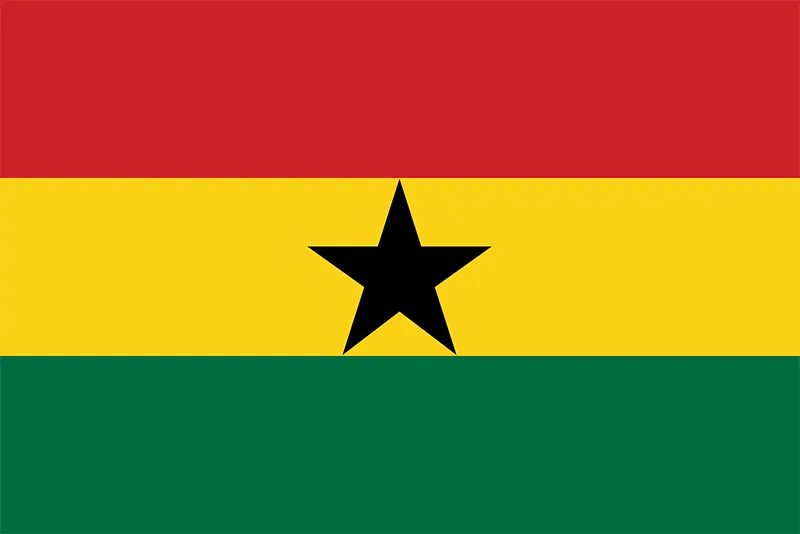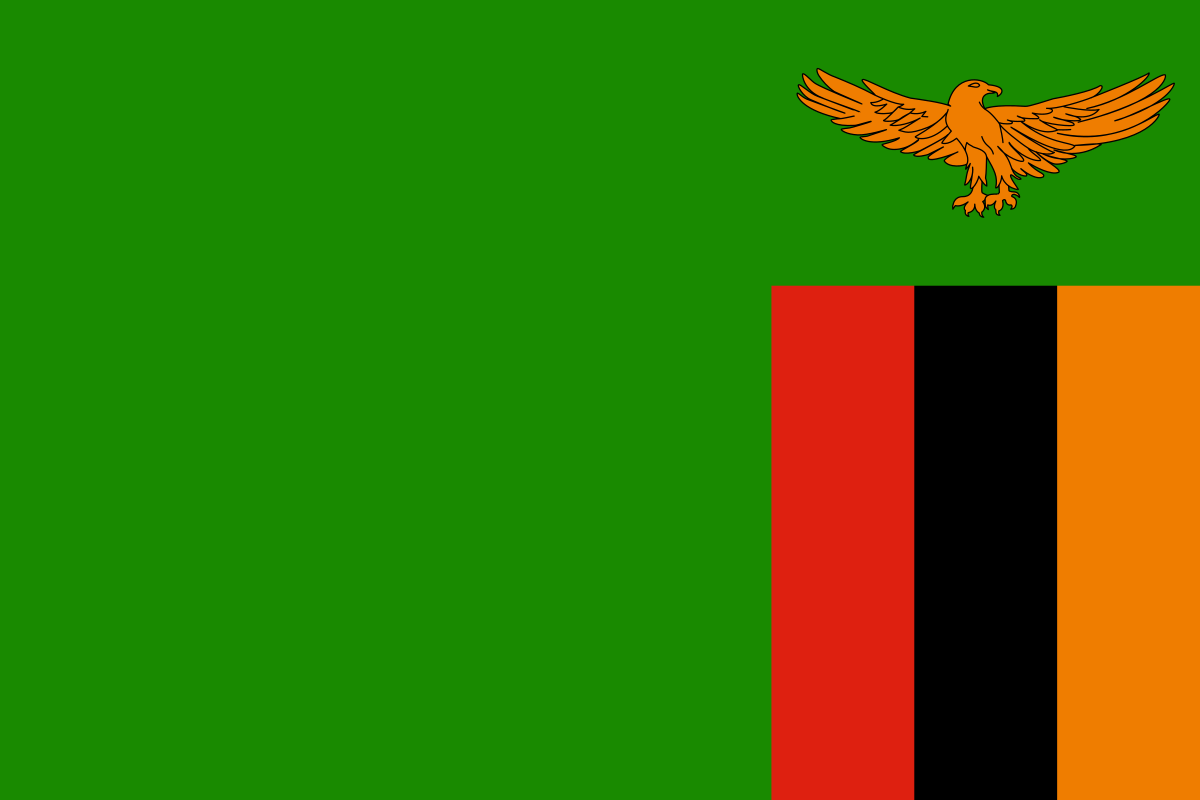
Glossary
-
Act of Parliament
referred to as primary legislation, are texts of law passed by the legislative body of a jurisdiction (often a parliament or council). In most countries with a parliamentary system of government, acts of parliament begin as a bill, which the legislature votes on. Depending on the government structure, this text may be subject to assent or approval from the executive branch.
-
Afrofeminism
is a branch of feminism that seeks to create its own theories and discourses linked to the diversity of African experiences. Afro-feminism is a social, cultural, and political movement that combines elements of feminism and African experiences, perspectives, and struggles. It emerged as a response to the limitations of mainstream feminism, which often failed to address the specific needs and concerns of African women adequately. It seeks to challenge power while centering the experiences and voices of African women. According to Sylvia Tamale, an academic and human rights activist, it is fundamental to reclaim the rich histories of African women in challenging all forms of domination.[1] Afro-feminism is an important lens to tap into while doing that.
[1] Tamale, S. (2006). African Feminism: How should we change?. Development, 49(1), 38-41.
-
Child
every human being below the age of 18 years.
-
Consent
any manifestation of express, unequivocal, free, specific and informed will by which the data subject their legal, judicial or treaty representative accepts that their personal data be subjected to manual or electronic processing.
-
Constitution
is a set of fundamental legal-political rules that are binding on everyone in the state, including ordinary law-making institutions; concern the structure and operation of the institutions of government, political principles and the rights of citizens; are based on widespread public legitimacy; are harder to change than ordinary laws (e.g. a two-thirds majority vote or a referendum is needed); as a minimum, meet the internationally recognised criteria for a democratic system in terms of representation and human rights.
-
Cybercrime
is criminal activity that either targets or uses a computer, a computer network or a networked device
-
Data
simply refers to information. Recognised as a strategic asset integral to policy-making, private and public sector innovation and performance management, and creating new entrepreneurial opportunities for businesses and individuals.
-
Data Governance
refers to the overall management and control of data assets. It involves establishing policies, procedures, and guidelines for collecting, storing, processing, and using data within an institution.It is a set of rules and practices that ensure data is handled properly and responsibly throughout its lifecycle. Data governance involves various activities, such as defining data ownership and accountability, establishing data standards and classifications, implementing data access controls, and monitoring data usage. It aims to provide a framework for making informed decisions about data, reducing risks associated with data misuse or misinterpretation, and maximising the value and usefulness of that data.
-
Data Protection
refers to the measures and practices implemented to safeguard sensitive and valuable data from unauthorised access, use, disclosure, alteration, or destruction. It protects data against various risks, including breaches, cyberattacks, accidental loss, and natural disasters.
-
Data Subject
any natural person who is the subject of personal data processing
-
Electronic Communication
means any transmission of signs, signals, written material, pictures, sounds or messages of whatsoever nature to the public or a section of the public by electronic means of communication.
-
Gender
The term refers to a continuum of psychosocial attitudes and expectations as they relate to one’s perception or identity, and aids our understanding of how humans relate to each other.[1] It goes beyond cultural-specific binary identities and power relations and is complicated by racial markers.
[1] Tamale, Sylvia. Decolonization and Afro-Feminism (2021). Retrieved from https://aliadasemmovimento.org/site/wp-content/uploads/2021/02/Sylvia-Tamale-Decolonization-and-Afro-Feminism-1.pdf
-
Girl
a female child.
-
Parliament
is a legislative body or assembly that represents the citizens of a country or jurisdiction. It is a key institution in democratic systems of government. The primary function of a parliament is to make laws, debate and discuss public issues, and oversee the work of the government.
-
Sex
refers to the biological differences between males and females. Each culture has different norms or standards about how a person must behave based on their gender. It is moulded by both what a community dictates and one’s personal conception of self, expressed through clothing, physical appearances, and behaviour.
-
Women
an person who is often identified as female at birth or transitions to female and socialised or identified as a woman.






